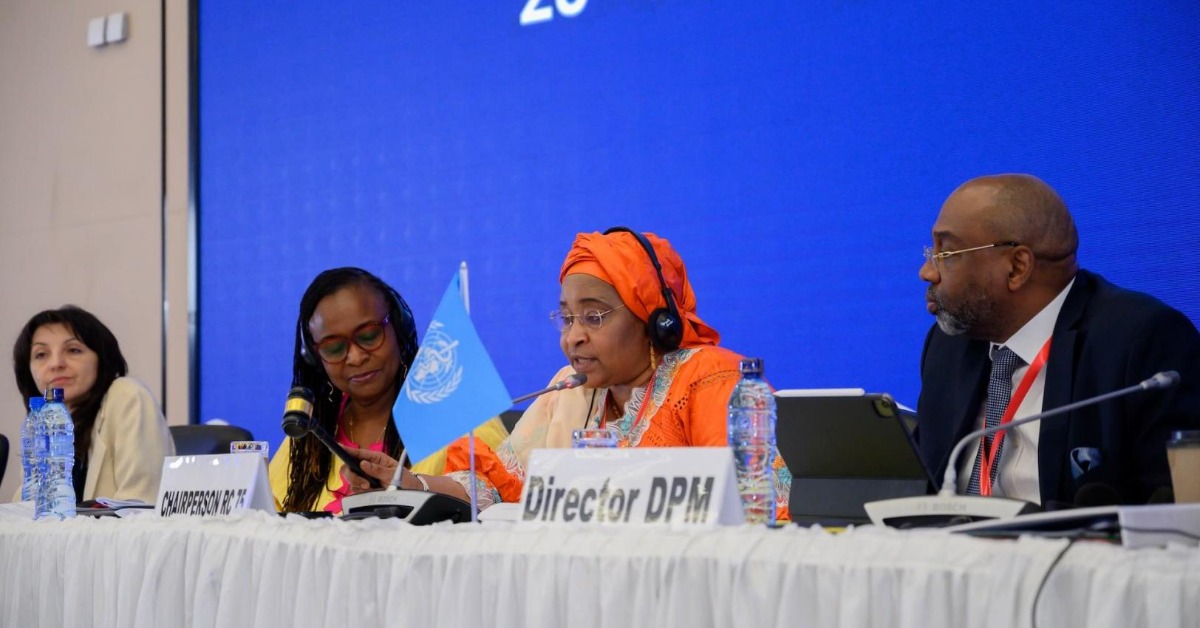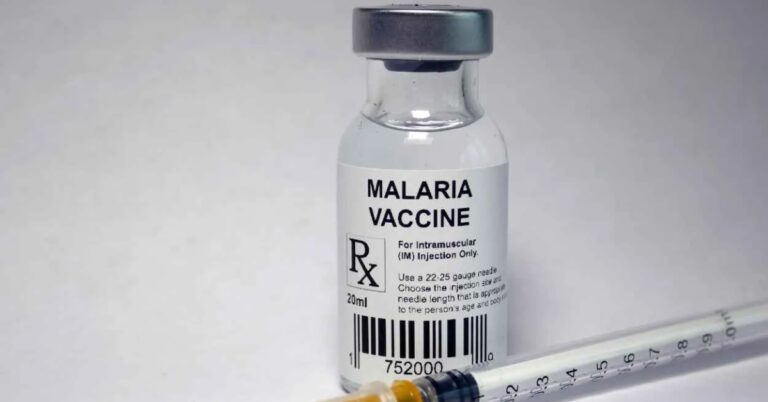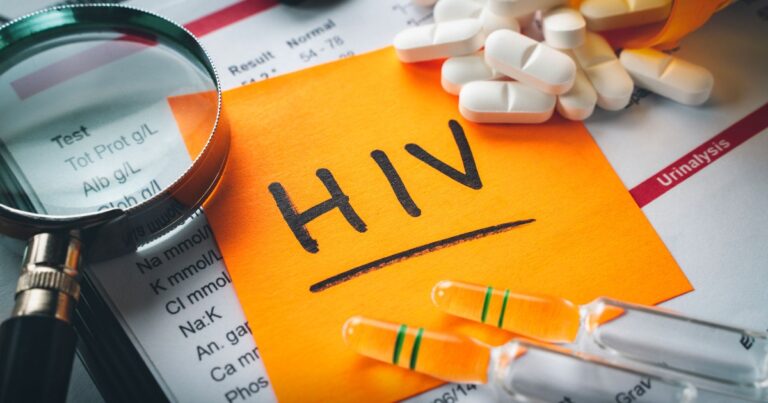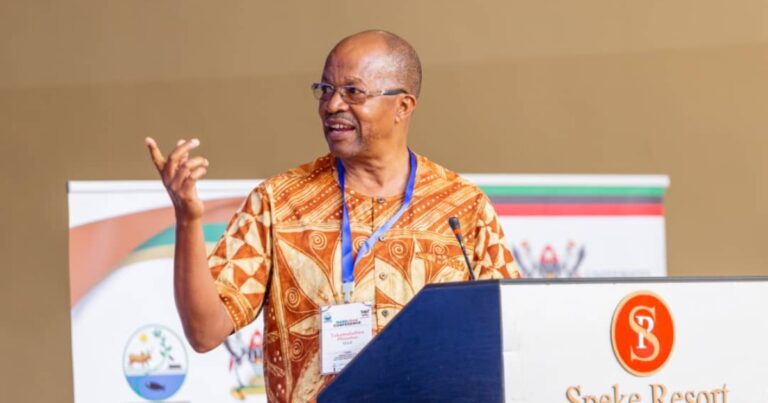In a move to tackle one of the continent’s most overlooked health challenges, African ministers of health, gathered in Lusaka Zambia, have endorsed a robust regional framework aimed at accelerating progress in oral health, marking a pivotal shift toward prioritizing oral diseases within national health agendas.
Adopted during the Seventy-fifth session of the WHO Regional Committee for Africa in Lusaka, Zambia, the new oral health framework targets the delivery of essential oral health services to at least 50% of each country’s population by 2030. The plan also aims to reduce the prevalence of major oral diseases by 10%, and ensure that by 2028, 60% of countries have national oral health policies with dedicated staff and budgets.
Crucially, the framework includes a commitment to integrate noma—a severe and often fatal infection of the mouth and face—into national health strategies in 50% of endemic countries, as momentum grows to secure its recognition as a neglected tropical disease by WHO.
A Wake-Up Call on Oral Health
“Oral diseases have been largely neglected, making them among the most prevalent in our region,” said Dr. Mohamed Yakub Janabi, WHO Regional Director for Africa. “Our efforts to address this threat need to be robust, concerted and sustained. The framework agreed today highlights the urgent need for countries to prioritize oral health, ensuring adequate financing, workforce and leadership to protect and promote health through a more integrated people-centred approach.”
Oral diseases—including dental caries (tooth decay), periodontal diseases, oral cancers, and noma—affect an estimated 42% of the population in Africa, according to WHO. Despite the heavy burden, investment in oral health remains woefully inadequate, with over 70% of African countries spending less than US$1 per capita on oral health services, compared to a global average of US$50 in 2019.
A Holistic, People-Centered Strategy
The new WHO framework emphasizes that oral health must be treated as an integral part of universal health coverage (UHC), not a luxury or afterthought. It outlines five priority actions for countries:
- Strengthen leadership, governance, and financing through partnerships.
- Develop and implement national oral health policies with dedicated budgets and human resources.
- Integrate oral health services into essential health packages.
- Close workforce gaps through task-sharing and community-level capacity-building.
- Improve access to essential medicines and surveillance to monitor disease trends and policy impact.
In Mauritius, one notable policy shift saw the removal of taxes on fluoride toothpaste, a strategic move to boost its affordability and accessibility for low-income households. Elsewhere, more than 14,000 health workers have completed WHO’s oral health training modules, enabling early detection and referral of oral diseases at the primary health care level.
In Senegal, the commitment to oral health goes beyond words. “This framework is a welcome addition to our fight against oral health diseases in our country,” said Hon. Ibrahima Sy, Minister of Health, Senegal. “Senegal has long recognized noma as a critical public health issue and has been a part of WHO’s efforts to combat this devastating disease. We are committed to ensuring that we are at the forefront of protecting people against oral diseases through a multisectoral approach.”
A Workforce Crisis in Oral Health
The WHO also sounded the alarm over the continent’s acute shortage of trained oral health workers. Currently, Africa has an average of just 3.7 oral health professionals per 100,000 people, far below the estimated requirement of 13.3 needed to meet basic service demands.
Additionally, only four countries in the region had official national fluoride guidelines as of 2023, a staggering indicator of the policy gap in oral disease prevention.
Mobilizing Resources and Political Will
To successfully implement the framework, ministers pledged to mobilize domestic and external resources, enhance political support, and allocate sufficient human and logistical capacity to national oral health efforts.
The WHO Regional Office for Africa, along with development partners, will continue providing technical support, training, and advocacy tools to help countries operationalize the new framework. This includes integrating oral health into broader health system reforms, scaling up school-based prevention programs, and leveraging innovative financing mechanisms.
Looking Ahead: A Health Equity Imperative
As oral health finally gains ground on the policy agenda, experts say this could mark a turning point in how African countries address a disease burden that disproportionately affects the poor and marginalized. The new framework is not just about teeth—it’s about equity, dignity, and access to care.
With renewed political momentum and a clear roadmap in hand, Africa is now poised to not only fill long-standing gaps in oral health care, but to do so in a way that uplifts communities and strengthens health systems from the ground up.
Source: World Health Organization (WHO) Regional Office for Africa





